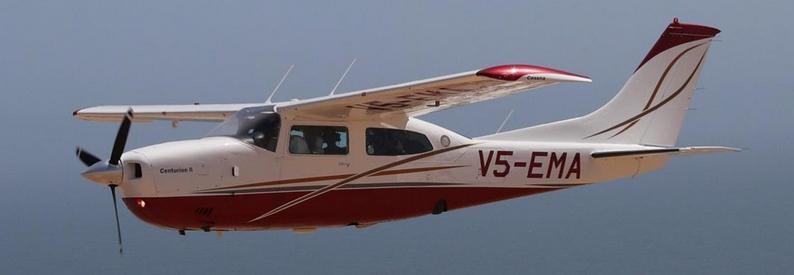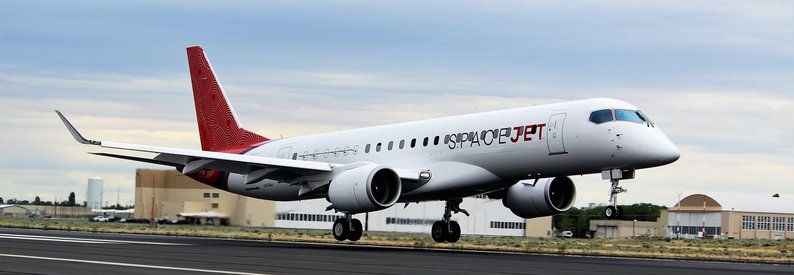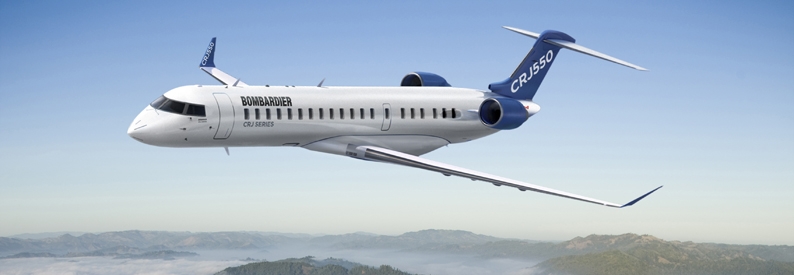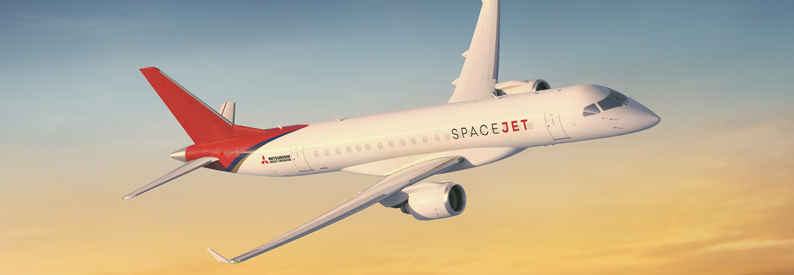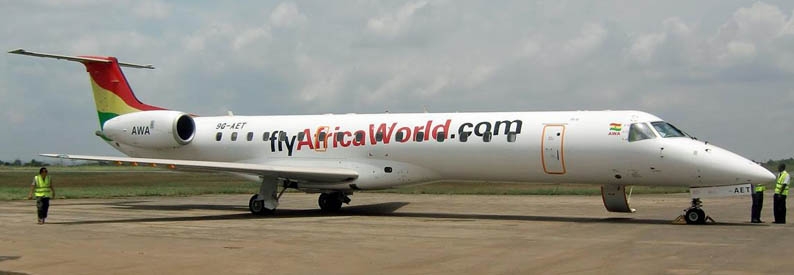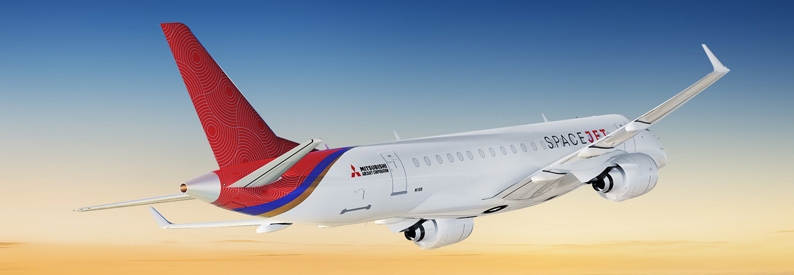After attempting to hose down speculation, Mitsubishi Heavy Industry (MHI) subsidiary Mitsubishi Aircraft Corporation (Nagoya Chubu) has confirmed it is quitting the civil aircraft manufacturing business and drawing a line under its troubled SpaceJet program. In a February 7 statement, MHI announced the news which Japanese media had began reporting 24 hours earlier.
"Mitsubishi Heavy Industries announces the discontinuation of SpaceJet development activities," the statement said. In a statement released the previous day, MRI rebutted the breaking media reports. "While it is true that MHI is considering a variety of possibilities regarding this matter, we will release any information requiring disclosure promptly in the event that any decision has been made," that statement said.
The axing of the SpaceJet program, which had its aircraft launch date delayed six times and has incurred development costs of approximately JPY1 trillion yen (USD7.6 billion dollars), also ends Japan's hopes of reviving its domestic aircraft manufacturing industry. In 2020, further work on the SpaceJet program was suspended to cut development costs.
Work on the SpaceJet, formerly called the Mitsubishi Regional Jet (MRJ), started in 2008. Since then, the plane builder secured orders for over 150 aircraft, mostly for the M90, from ANA - All Nippon Airways for their ANA Wings subsidiary, as well as JAL - Japan Airlines, Rockton, SkyWest Airlines, and Mesa Airlines. However, orders from other carriers and lessors have also fallen through. After placing orders in 2014, Eastern Airlines and Air Mandalay have since gone out of business while Hong Kong's ANI Group Holdings, Aerolease Aviation, and Trans States Holdings have all cancelled their original orders.
In its most recent statement, the conglomerate admitted that it had an insufficient understanding of the complex type certification process for commercial aircraft and inadequate resources to pursue long-term development. They said there was little progress on scope clause relaxation in the US which meant the M90 did not meet US regional jet specifications. However, MHI hopes to leverage the knowledge and experience acquired to continue contributing to the Japanese aviation industry. They say despite discontinuing the SpaceJet, getting this far was a significant achievement for the company. They developed an organizational structure to design, manufacture, and certify aircraft which could obtain type certification and achieved over 3,900 hours of flight tests with no safety issues.
According to ch-aviation Commercial Aviation Aircraft Data data, Mitsubishi has built eight M90s to date. One was scrapped in 2022, another is an undelivered testbed aircraft, two are completed but remain at the assembly site and are unassigned, three are in storage at Moses Lake, while one is in storage at Nagoya Komaki.
